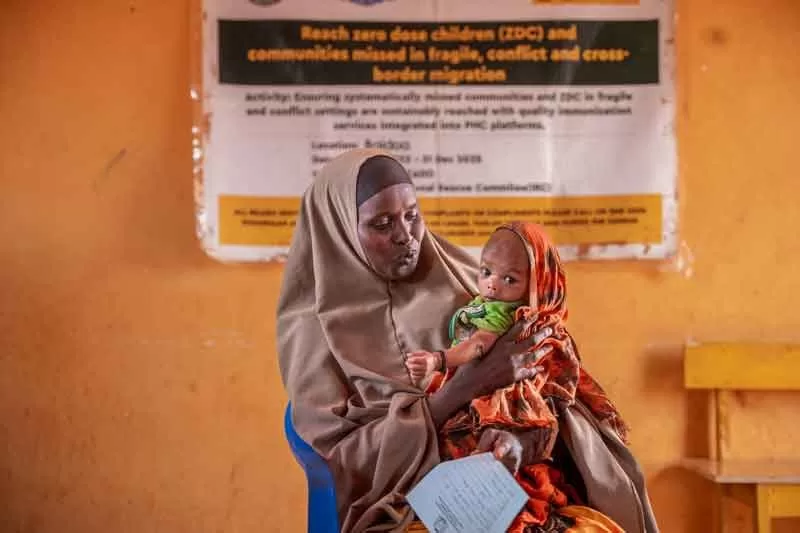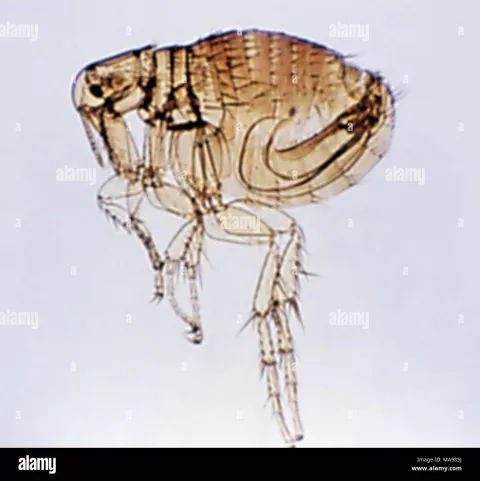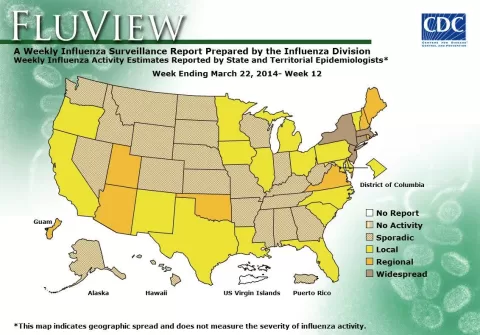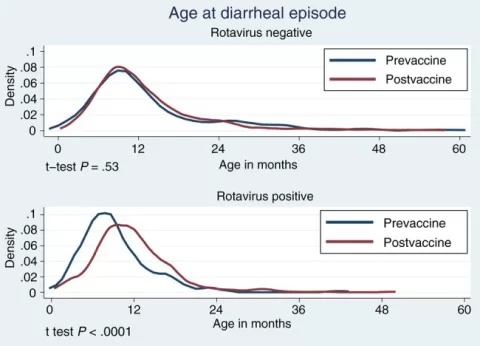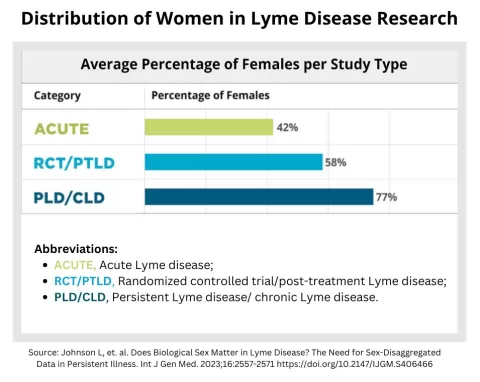Gavi childhood vaccine funding plays a crucial role in global health initiatives, particularly in ensuring that children in low- and middle-income countries receive essential vaccinations. With the recent announcement from the Gates Foundation to pledge $1.6 billion over five years, there is renewed hope for childhood immunization programs. This vital investment comes at a time when many governments are reducing their support for vaccine initiatives, jeopardizing public health efforts worldwide. Since its establishment, Gavi has successfully immunized over 1.1 billion children, significantly reducing the prevalence of deadly diseases like measles and pneumonia. The Gates Foundation’s commitment underlines the importance of sustaining global vaccine alliances to prevent a reversal of the hard-won progress in child health.
In the face of escalating challenges in childhood vaccination efforts, Gavi’s support framework is more important than ever. The recent financial infusion from the Gates Foundation highlights the need for robust backing for global immunization programs amidst diminishing government contributions. This shift comes as countries grapple with maintaining their commitment to childhood health initiatives, vital for preventing outbreaks and ensuring the well-being of future generations. By reinforcing the global alliance dedicated to vaccines, stakeholders hope to uphold the significant strides made over decades in reducing child mortality rates through effective immunization strategies. Mobilizing resources and fostering public-private partnerships are key in addressing the looming crisis in childhood healthcare.
Gavi Childhood Vaccine Funding Initiative
The Gavi childhood vaccine funding initiative is crucial for sustaining global childhood immunization efforts, particularly as the world faces significant public health challenges. Recently, the Gates Foundation pledged $1.6 billion to Gavi, reflecting a strong commitment to fortifying vaccine initiatives at a time when government financial support is dwindling. With this investment, Gavi aims to reach millions of under-vaccinated children, ensuring that vital vaccines are accessible in low- and middle-income nations.
As global priorities shift, the reliability of Gavi’s funding is more critical than ever. The foundation’s contribution underscores the necessity of private investments in public health, especially when traditional donor support, such as the US government’s funding, is being curtailed. The implications of Gavi’s work cannot be overstated; by preventing diseases through vaccines, the initiative directly contributes to improved child survival rates and healthier communities worldwide.
Impact of Cuts on Childhood Immunization
Recent funding cuts threaten to reverse years of progress made in childhood immunization. As highlighted by Gavi officials, an estimated 37.9 million children could be left vulnerable to preventable diseases due to reduced funding from key donors. The loss of support, primarily from the US Agency for International Development and the UK government, places tremendous pressure on Gavi and its ambitious goals for the upcoming funding cycle.
Bill Gates has emphasized the potential increase in global mortality rates among children as a direct consequence of these funding shortfalls. The anticipated dip in immunization numbers is a sobering reminder of the interconnectedness of global public health and the pressing need for continued investment in vaccine initiatives. With organizations like the Gates Foundation stepping in to fill the gap, there is hope that these setbacks can be mitigated.
The Role of the Gates Foundation in Global Health
The Gates Foundation has long been a pivotal player in global health, particularly through its support of vaccines. By investing substantial amounts into initiatives like Gavi, the foundation demonstrates its commitment to addressing disparities in health care access. This proactive approach not only supports immediate vaccination efforts but also invests in long-term strategies to strengthen global health systems, emphasizing the importance of equitable access to vaccines for all children.
Through innovative partnerships and targeted investments in public health, the foundation aims to reduce the burden of preventable diseases. Its support for Gavi, which has already enabled the vaccination of over 1.1 billion children, highlights the organization’s effectiveness and the critical need for sustained backing in the years to come. As a leader in philanthropic efforts for public health, the Gates Foundation consistently proves that strategic investments can yield significant positive outcomes.
The Future of Public Health and Vaccine Accessibility
The future of public health hinges on the ability to maintain and expand vaccine accessibility, particularly in resource-limited settings. With global vaccine alliances, such as Gavi, leading the charge, there is a collective responsibility to ensure that equitable immunization strategies are prioritized. The recent financial commitment from the Gates Foundation sets a promising precedent, illustrating the vital role that private philanthropy can play in safeguarding the health of future generations.
However, challenges remain as governments reevaluate their foreign aid contributions. The Gates Foundation’s efforts to bolster funding for Gavi are essential to counteract these government cuts and sustain the progress made in childhood immunization. As global leaders prepare for upcoming summits, it is critical that they recognize the importance of aligning their financial commitments with public health goals to truly protect vulnerable populations around the world.
Global Vaccine Alliance: A Collaborative Effort
The Global Vaccine Alliance, led by Gavi, embodies a collaborative effort among governments, private donors, and international organizations to improve childhood immunization worldwide. This coalition has proven successful in mobilizing resources and coordinating vaccination campaigns across various regions, ensuring that even the most marginalized communities have access to life-saving vaccines. The support from the Gates Foundation further strengthens this network, solidifying the alliance’s ability to respond to public health emergencies.
As Gavi looks forward to its next funding cycle, the cooperation of multiple stakeholders is essential for achieving its ambitious targets. The collaborative efforts of the Gates Foundation, alongside governments and non-profits, highlight the need for a unified approach to global health challenges. By fostering partnerships that leverage resources and expertise, the Global Vaccine Alliance can drive innovative solutions that ultimately enhance vaccine distribution and childhood immunization efforts.
Investments in Emergency Vaccine Stockpiles
One significant aspect of the Gates Foundation’s commitment to Gavi involves investments in emergency vaccine stockpiles. This strategic move aims to ensure that vaccines can be deployed rapidly in response to outbreaks, thereby protecting vulnerable populations before diseases spread. Investing in stockpiles not only enhances preparedness for potential health crises but also reinforces the infrastructure necessary for swift distribution.
These stockpiles are particularly crucial for low-income countries, where health systems may struggle with immediate access to necessary vaccines during emergencies. Strengthening this logistical aspect of Gavi’s operations allows the organization to act decisively in times of crisis, thereby saving lives and maintaining public confidence in vaccination programs. Such forward-thinking approaches are imperative for sustaining global public health efforts.
Vaccinating Children Against Malaria and HPV
In addition to ensuring general childhood immunization, Gavi has set specific goals for vaccinating children against diseases like malaria and HPV, which disproportionately affect low-income populations. These targeted initiatives are vital, as they address preventable diseases that can have long-term health implications for affected children. By focusing on these areas, Gavi aims to not only improve immediate health outcomes but also contribute to broader public health goals.
The Gates Foundation’s investment supports these ambitious vaccination campaigns that seek to reduce the incidence of malaria and HPV-related diseases significantly. By leveraging existing partnerships and enhancing local manufacturing capacities, Gavi is positioned to increase access to these critical vaccines while also helping forge sustainable health pathways within communities. This multi-faceted approach underscores the importance of tailored interventions in improving health outcomes for children globally.
Strengthening Local Vaccine Manufacturing Initiatives
To support its mission, Gavi places significant emphasis on strengthening local vaccine manufacturing capacities in developing countries. This strategy not only enhances vaccine availability but also promotes self-sufficiency within health systems. By investing in local production, Gavi can ensure that vaccines are accessible on the ground, reducing reliance on imports and mitigating delays in vaccine delivery.
Furthermore, developing local manufacturing capabilities fosters economic growth within these regions, creating jobs and boosting local economies. The Gates Foundation’s financial commitment to Gavi includes funding initiatives aimed at enhancing these local capacities, thereby ensuring that countries can respond more effectively to health needs. Elevating local manufacturing aligns with broader goals of sustainable public health, ultimately paving the way for resilient healthcare systems worldwide.
The Call for Increased Global Health Funding
As the landscape of global health funding continues to evolve, there is a pressing need for increased financial support for childhood immunization initiatives. The recent developments surrounding Gavi and the Gates Foundation highlight the importance of sustained investments in vaccination programs. With growing evidence linking childhood vaccination to improved public health outcomes, now is the time for governments and private sectors to renew their commitment to global health funding.
The challenges posed by funding cuts underscore the urgency of rallying support for organizations like Gavi. These collaborative entities require robust funding to continue their work of keeping children safe from preventable diseases. The Gates Foundation’s strategic actions are essential in catalyzing further investments and mobilizing global resources, ensuring that the momentum of childhood immunization continues to thrive.
Frequently Asked Questions
What is Gavi childhood vaccine funding and why is it important?
Gavi childhood vaccine funding refers to financial support allocated to Gavi, the Vaccine Alliance, which enhances childhood immunization initiatives in low and middle-income countries. This funding is crucial as it enables Gavi to provide vaccines, prevent diseases, and save lives, particularly in regions where healthcare resources are limited.
How does the Gates Foundation contribute to Gavi childhood vaccine funding?
The Gates Foundation is the largest private donor to Gavi childhood vaccine funding, having committed over $7.7 billion to the organization since its inception. Recently, the foundation pledged an additional $1.6 billion over five years to bolster Gavi’s efforts in immunizing children globally.
Why is the recent funding from the Gates Foundation crucial for Gavi’s vaccine initiatives?
The recent $1.6 billion pledge from the Gates Foundation is essential for Gavi’s vaccine initiatives, especially in light of significant cuts to government support for childhood immunization. This funding helps ensure that Gavi can continue to protect children against diseases, maintain vaccination rates, and offset potential declines in immunization services.
What challenges is Gavi facing in terms of childhood immunization funding?
Gavi is currently facing challenges due to cuts in childhood vaccine funding from major donors like the US, which has ended its financial support amid broader reductions in foreign aid. These funding shortages threaten Gavi’s ability to vaccinate millions of children and could reverse hard-won gains in child health and public health.
What are the goals of Gavi’s upcoming funding cycle for childhood vaccines?
The goals of Gavi’s upcoming funding cycle from 2026 to 2030 include immunizing at least 500 million children and saving over 8 million lives, with a focus on vaccines for malaria and HPV. This cycle emphasizes ensuring vaccine access for the poorest nations and enhancing local vaccine manufacturing.
How does the reduction in government support for childhood immunization affect global health?
Reductions in government support for childhood immunization threaten global health by potentially leading to millions of children remaining unvaccinated. This can result in increased mortality rates from preventable diseases, reversing decades of progress in public health initiatives aimed at improving child survival rates.
What impact has Gavi had since its establishment in 2000 on childhood vaccination?
Since its establishment in 2000, Gavi has had a significant impact on childhood vaccination, providing vaccines to over 1.1 billion children across 78 countries and preventing nearly 19 million deaths from diseases like measles and pneumonia. This demonstrates Gavi’s critical role in global vaccine initiatives and public health.
What will the Gates Foundation’s funding help achieve in the next five years for Gavi’s initiatives?
The Gates Foundation’s funding will help Gavi achieve its ambitious objectives over the next five years by supporting vaccination campaigns, improving access to vaccines in underserved areas, and investing in emergency vaccine stockpiles, thereby ensuring children across the globe receive essential immunizations.
| Key Points |
|---|
| Gates Foundation pledges $1.6 billion to Gavi over five years |
| Gavi has vaccinated over 1.1 billion children since 2000 |
| US government funding cuts puts Gavi at risk of losing support |
| UK reduces foreign aid by 40% impacting Gavi funding |
| Gavi aims to immunize 500 million children and save over 8 million lives in the 2026-2030 funding cycle |
| Bill Gates emphasizes the critical need to fully fund Gavi to maintain child survival progress |
Summary
Gavi childhood vaccine funding is now facing critical challenges amidst significant cuts in government aid. The recent $1.6 billion pledge from the Gates Foundation aims to bolster Gavi’s efforts to provide essential vaccinations across low- and middle-income countries. With the US and UK reducing their contributions to Gavi, the risk of losing hard-won progress in global childhood immunizations is imminent, potentially leaving millions of children unprotected against preventable diseases. It is crucial for international partners and governments to rally support for Gavi to ensure a healthier future for children worldwide.
The content provided on this blog (e.g., symptom descriptions, health tips, or general advice) is for informational purposes only and is not a substitute for professional medical advice, diagnosis, or treatment. Always seek the guidance of your physician or other qualified healthcare provider with any questions you may have regarding a medical condition. Never disregard professional medical advice or delay seeking it because of something you have read on this website. If you believe you may have a medical emergency, call your doctor or emergency services immediately. Reliance on any information provided by this blog is solely at your own risk.



